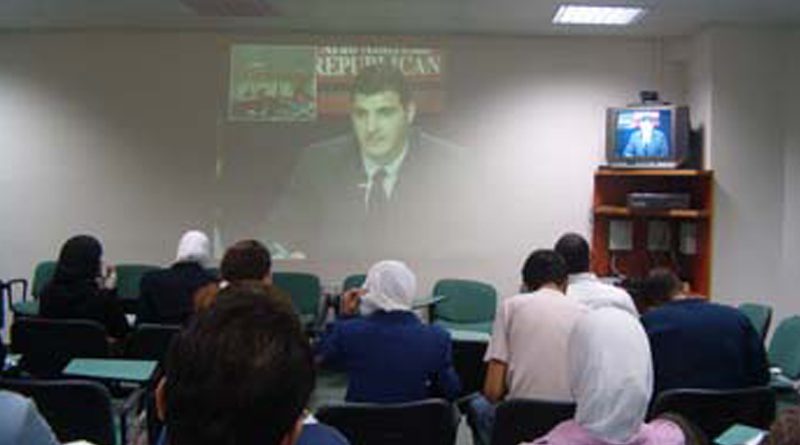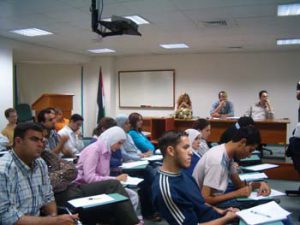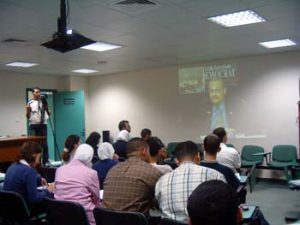Video-Conference Debate on American Elections

In cooperation with the General American Consulate in Jerusalem and Zajel Youth Exchange Program of the Public Relations Department at An-Najah National University a video-conference debate on American foreign policy was organized on the 27th October 2004. The participants were two representatives of the Republican and Democrat Parties, George Selim and Marwan Bargan, speaking from Washington, and students and staff of An-Najah National University.
George Selim has long been active in local, state and national politics and community outreach. He is currently serving a five-year term on the Arlington Human Rights Commission, where he adjudicates human and civil rights disputes. At the state level George has worked tirelessly as a community outreach coordinator for the Arab American Institute, Americorps, and the Republican Party.

Marwan Burgan served in Congress from June 1985-January 1993, first as a foreign policy Legislative Assistant, then Legislative Director, and finally Administrative Assistant in the Washington, D.C. Office of Congressman Mervyn M. Dymally. Since 2001 he has also served in local government, acting as Chief Aide for an elected member of the Board of Supervisors of Fairfax County. He has worked in Bosnia and in the Middle East on elections and civic education projects.
Since 1987 he has been active at local level in the Democratic Party in Virginia. He has occupied various positions, including Vice-Chair of Fairfax County Democratic Committee (FCDC) for Voter Registration; he has chaired the Local Affairs Committee for FCDC since 2002 and currently serves on the Steering Committee of FCDC as well as being a member of the Outreach Committee of the Democratic Party of Virginia.
Marwan is active in Arab-American politics and supports the inclusion of Arab-Americans and other New Americans in the Democratic process. He was a delegate to the Democratic National Convention.

After the two representatives each made a presentation on their parties’ policies toward the Middle East conflict, the Palestinian students asked them various questions about each party’s stance in relation to the Middle East, Iraq and the Palestinian-Israeli conflict. The students focused in particular on the impact of American foreign policy on the Palestine situation, raising questions about the attitude of the Bush administration to the separation wall, the Israeli invasions and incursions, the killing of Palestinians and the destruction of Palestinian homes. They also questioned the representatives about the American war against Iraq and the double standards employed in American foreign policy.
The debate proved very illuminating and allowed both representatives to clarify their parties’ positions. The joint efforts of all involved, particularly the General American Consulate and An-Najah, have undoubtedly contributed to better mutual understanding and a narrowing of the gap between the two perspectives.
Saed Abu Hijleh, the Video Conference Moderator and Lecturer of Political and Environmental Geography at An-Najah commented: ‘The video conference provided an excellent opportunity for our students and academic staff to discuss, in free and democratic fashion, many important issues connected with the US elections and the positions of the two presidential candidates on several key foreign policy issues. The questions scrutinized the positions of Bush and Kerry on the US war on Iraq and the pretexts under which the war was waged, on US military and political support for Israel, on the Israeli Apartheid Wall and the Israeli settlements, the transfer of the American Embassy from Tel Aviv to Jerusalem, the influence of the Israeli lobby on US foreign policy, and the overall role of the US in the Middle East peace process.
The discussion was highly informative and productive. An-Najah students and staff were able to learn more about the Arab-American community and its involvement in American politics and the role it can play in influencing US foreign policy in the Middle East.”
